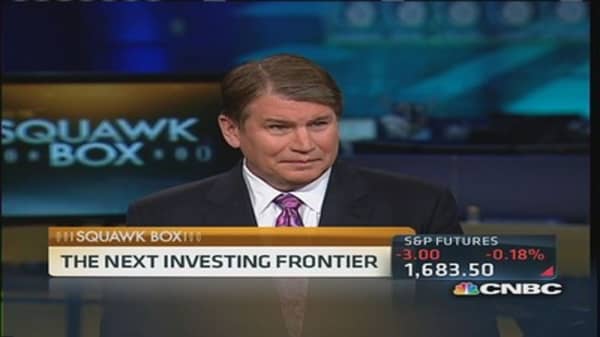Young workers may want to start counting on something other than company pensions to fund their retirements.
It turns out that the plans of S&P 500 companies are underfunded to the tune of $451.7 billion, a number that has grown some 27 percent in just the last year alone, according to data released Wednesday by S&P Dow Jones Indices.
While firms have plenty of cash to cover older workers currently on the payroll or in pension plans, that may not be the same once the younger generation gets ready to stop working.
(Read more: Big jobs number coming? Data firm says just 23,000)
"The good news for current retirees is that most S&P 500 big-cap issues have enough cash and resources available to cover the expense," Howard Silverblatt, senior index analyst at S&P Dow Jones Indices said in a report. "The bad news is for our future retirees, whose benefits have been reduced or cut and will need to find a way to supplement, or postpone, their retirement."
Pension underfunding has been a persistent problem for corporate America for years.
Though many workers have switched to 401(k) plans over the years, pensions still have far more workers—91 million to 51 million.
The combination of poor investment choices along with low interest rates have pushed "pension liabilities into record underfunding territory," Silverblatt said.





